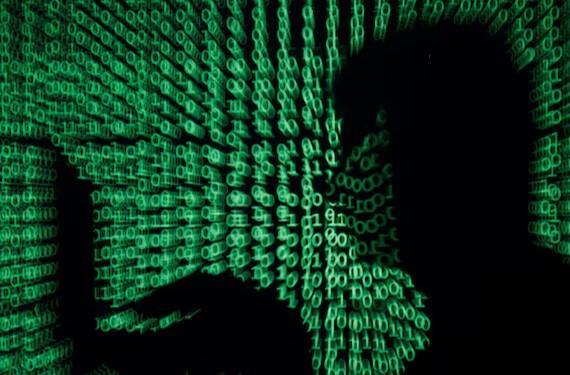
Chinese Man Wanted for Stealing Covid Data Held in Italy: US
In a recent development, the US Department of Justice has announced that a Chinese state-sponsored contract hacker, Xu Zewei, has been arrested in Italy at the request of Washington. Xu Zewei is alleged to be part of a hacking group that stole COVID-19 vaccine secrets from the US on behalf of Chinese intelligence at the height of the pandemic in 2020.
The arrest came after the US Department of Justice issued a statement revealing that Xu Zewei had been arrested on July 4, 2025, in Italy, where he had been living under an assumed identity. The US authorities had been working closely with Italian law enforcement agencies to track down Xu Zewei, who is believed to have stolen sensitive data related to COVID-19 vaccines and treatments.
According to the US Department of Justice, Xu Zewei was part of a hacking group known as Advanced Persistent Threat (APT) 41, which was sponsored by the Chinese government. The group was allegedly involved in a campaign of cyber espionage aimed at stealing sensitive data from various countries, including the US, to benefit Chinese intelligence.
The hacking group, which was also known as DarkHotel, was first detected in 2014, and it was accused of stealing sensitive data from governments, companies, and individuals around the world. However, the latest allegations against Xu Zewei and his hacking group suggest that they were involved in a more focused campaign to steal data related to COVID-19 vaccines and treatments.
The US Department of Justice has accused Xu Zewei of conspiring with other members of APT 41 to hack into the computer systems of US companies and institutions, including universities and research centers, to steal sensitive data related to COVID-19 vaccines and treatments. The stolen data was allegedly used to benefit Chinese intelligence and to give China an advantage in the development of COVID-19 vaccines and treatments.
The Chinese government has previously denied any involvement in the hacking of COVID-19 data, and it is unclear whether Xu Zewei’s arrest will lead to any further revelations about the extent of China’s involvement in the hacking campaign.
The arrest of Xu Zewei comes at a time when tensions between the US and China are running high over a range of issues, including trade, technology, and national security. The US has accused China of using its vast cyber capabilities to steal sensitive data from American companies and institutions, and the arrest of Xu Zewei is seen as a significant blow to Chinese cyber espionage efforts.
The US Department of Justice has praised the efforts of Italian law enforcement agencies in tracking down and arresting Xu Zewei, and it has warned that it will continue to work closely with international partners to hold accountable those who engage in cyber espionage and other forms of illegal activity.
The arrest of Xu Zewei has also raised questions about the extent to which China’s intelligence agencies are involved in the hacking of sensitive data. While the Chinese government has denied any involvement in the hacking of COVID-19 data, the arrest of Xu Zewei suggests that China’s intelligence agencies may have been involved in the hacking campaign.
The hacking of COVID-19 data has significant implications for global health and security, as it could potentially give one country an advantage in the development of vaccines and treatments. The arrest of Xu Zewei and the alleged involvement of Chinese intelligence agencies in the hacking campaign highlight the need for countries to take stronger action to protect their sensitive data from cyber espionage.
In conclusion, the arrest of Xu Zewei, a Chinese state-sponsored contract hacker, in Italy at the request of Washington, is a significant development in the ongoing battle against cyber espionage. The alleged involvement of Xu Zewei and his hacking group in stealing sensitive data related to COVID-19 vaccines and treatments highlights the need for countries to take stronger action to protect their sensitive data from cyber espionage.
Source:



